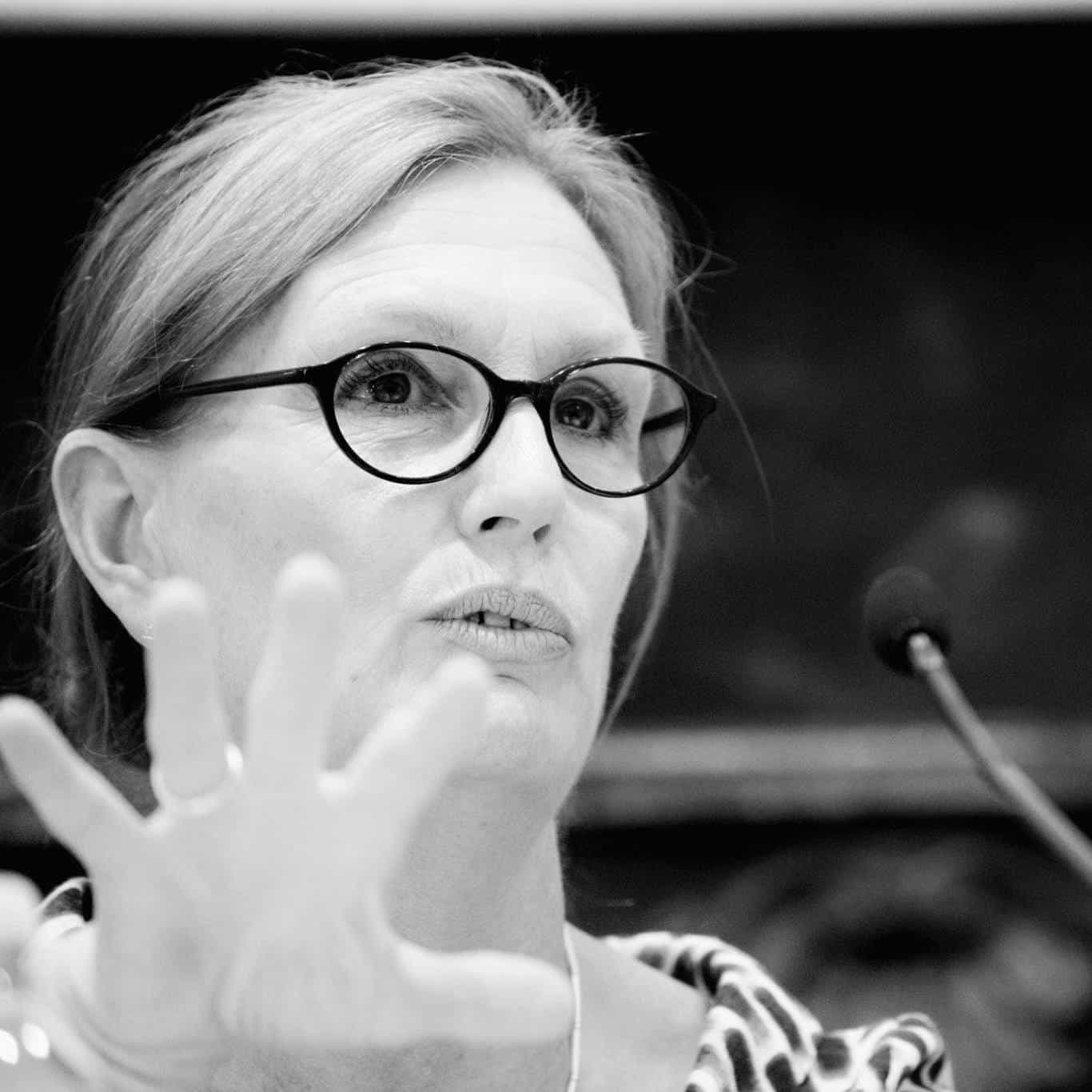Supporting young journalists during Covid-19 lockdown
By Kate Riley
Under normal circumstances, the John Schofield Trust would have spent April and May assessing applications for its face-to-face mentoring scheme choosing up to 40 journalists in the first five years of their careers and matching them with mentors from across the world of journalism. We take time and great care in finding the right mentor for each mentee, matching them according to location, aspirations and experience.
By mid-March, it had become obvious that this was no normal year. We were unlikely to be able to meet for the first of the Trust’s two annual receptions in June – the one where we say hello to the new and goodbye to the previous year’s mentees. This reception is where the new mentees usually meet their mentor in an informal setting for the first time. And it is the one where the new mentees get their first glimpse of the network that the John Schofield Trust has built up since it was set up by John’s widow, Susie, 24 years ago to support young journalists – particularly those with no connections and from diverse background. Given the global pandemic, we decided to postpone the start of the next mentoring scheme to the New Year in the hope that by then we would be meeting again at least face-to-face, and possibly in large groups.
In a way, that was the easy bit. Next came the question of what we could do to support our current mentees through the long-haul of lockdown and the stress of covering a very difficult story. Our first decision was to contact mentors and check they were happy to mentor their current partner until the end of the year – thus giving the current mentees an extra six months of one-to-one mentoring, albeit virtually. The vast majority of mentors, despite being in the middle of the biggest story of the century, were still up for it: proof of the generosity of our volunteers.
Our next step was to think about how else we could support our young journalists. Ten days into lockdown, we had our first Zoom call with one of the mentees chairing and we asked our mentees what would help.
They told us they wanted more support calls and it was clear that the day of Masterclasses we had held only a month before had been really appreciated. So, we changed the format to a virtual Masterclass every couple of weeks and immediately found no shortage of more experienced journalists willing to give up an hour or so of an evening to share best practice – yet more proof of the generosity of colleagues.
So far we have had Zoom Masterclasses on disinformation by Dr Claire Wardle of First Draft News; a masterclass on digital story-telling by Hannah Long-Higgins, an award-winning Video Journalist in the BBC’s Washington Bureau, who deconstructed two stories in detail and offered both practical tips and inspiration; and one given by writer and broadcaster, Afua Hirsch, who explored what she called The Burden of Authenticity – the complexity of journalistic impartiality when covering a story you are close to.
Our online sessions started off with just a few people joining. But that has changed with sessions now attracting more than 40 people with lively question and answer sessions. Joseph Ataman, a current mentee, summed it up: “The new landscape has offered some silver linings. John Schofield Trust Masterclasses from journalists around the world has got to be chief among them.”
We have also invited mentees from our online mentoring scheme for sixth-formers in some of the UK’s more disadvantaged areas who are wondering whether journalism might be for them. Their excitement to be sharing a space with working journalists has been palpable.
The support calls have been mainly chaired by mentees themselves and have offered an insight into the loneliness of living in lockdown alone or in shared flats; how frightening it can be to continue going into an increasingly empty office on public transport, especially for night shifts; how scary COVID is to experience as a young person and how unsettling the whole period has been. There have been discussions about how best to approach grieving families with sensitivity; how to get the tone right in what can seem like an endless litany of sad stories; how difficult poor wifi can make working from home; and some middle managers’ lack of technical expertise has been thoroughly exposed with their wildly optimistic estimates about how long it can take to make and upload social media videos on a dodgy connection.
But, for our part, the main lesson from these lockdown calls is just how important a sense of community can be, along with the knowledge that others care. It has been wonderful to get know some of our mentees much better; to see their generosity and the extension of friendship across the ether in John’s name.
Author Photo

Kate Riley is a Trustee of the John Schofield Trust and former BBC journalist. As Managing Editor of BBC Newsgathering, Kate developed an interest in supporting journalists reporting in conflict and disaster zones on high risk stories, as well as those affected by working on distressing stories in newsrooms at home. An experienced mentor and coach, Kate now supports early career journalists and those aspiring to become journalists through her work with the Trust.
About the John Schofield Trust
The John Schofield Trust was set up by the friends and family of the journalist John Schofield who was killed whilst working in Croatia on the BBC’s World Tonight programme. The Trust set out to create a lasting memorial to John’s work and character by supporting new journalists.